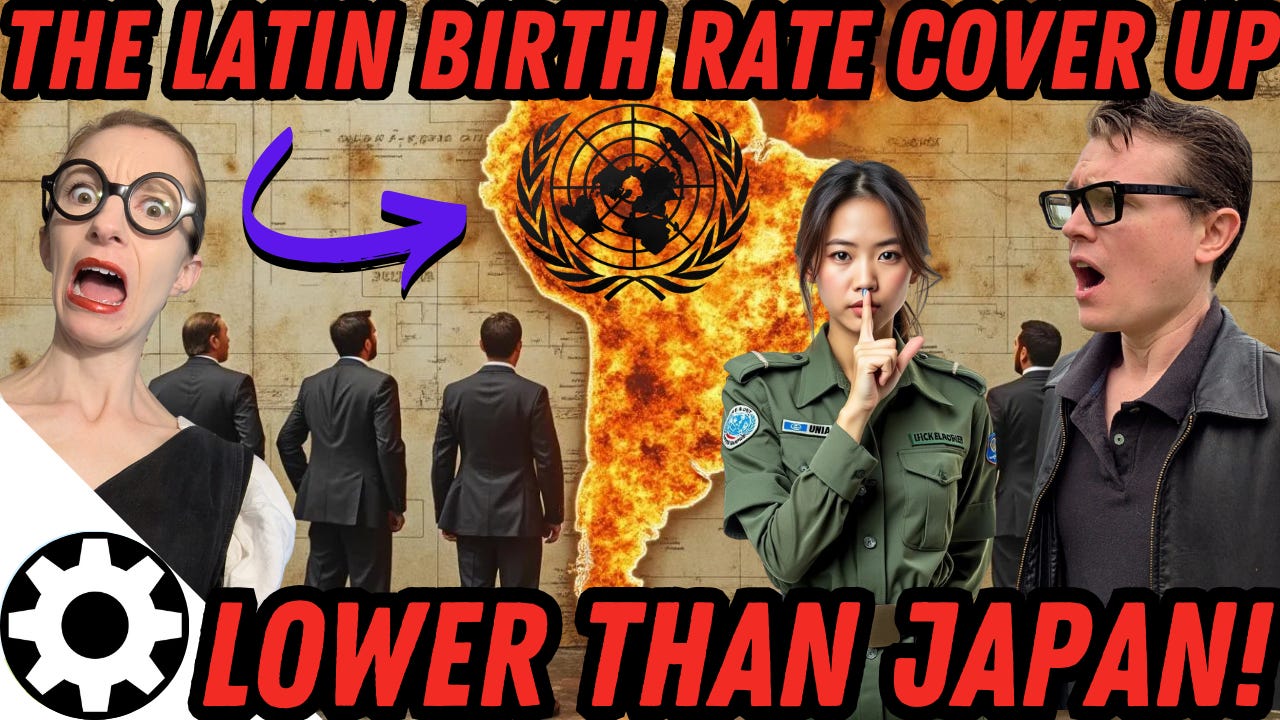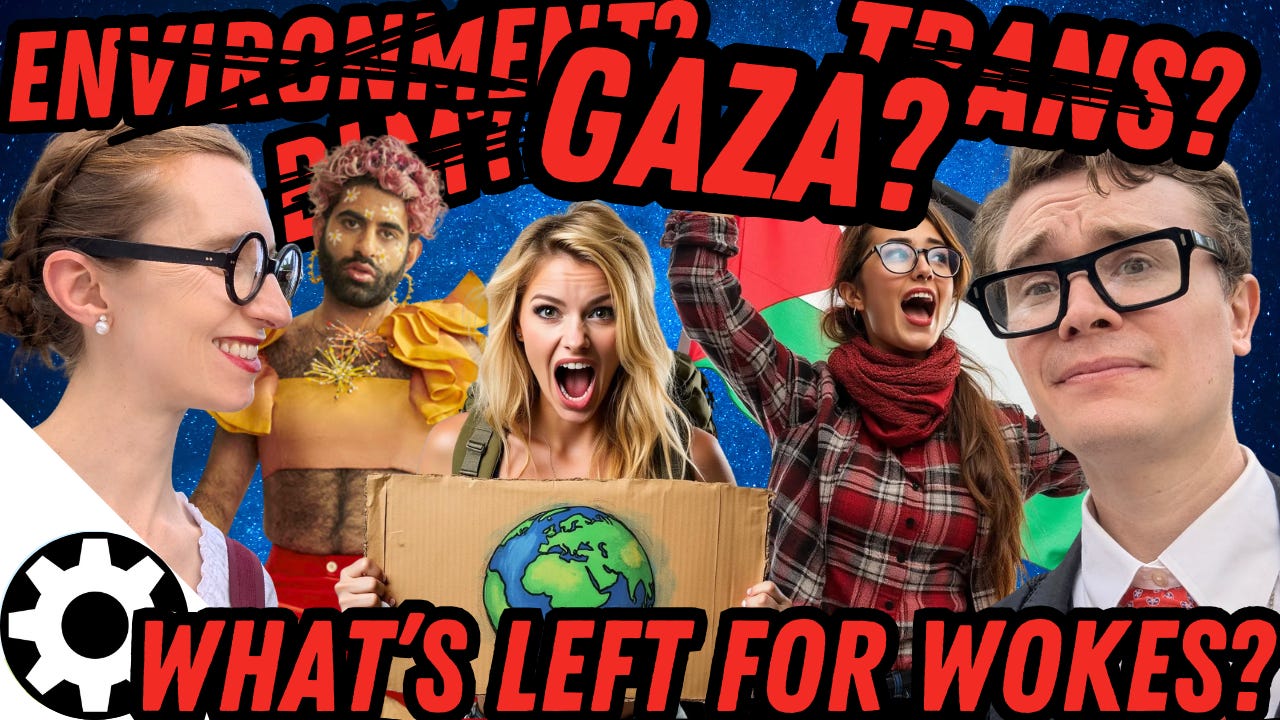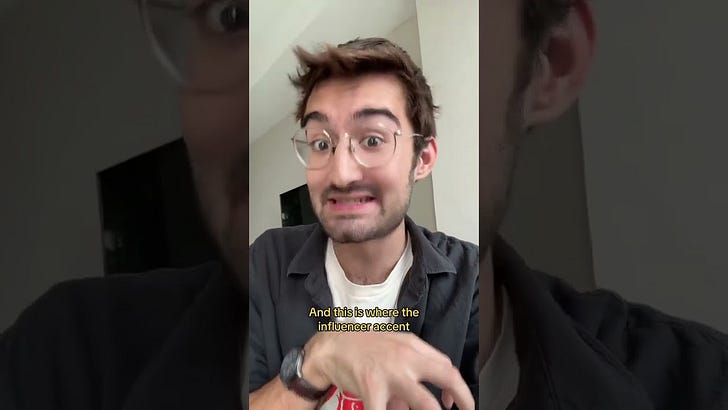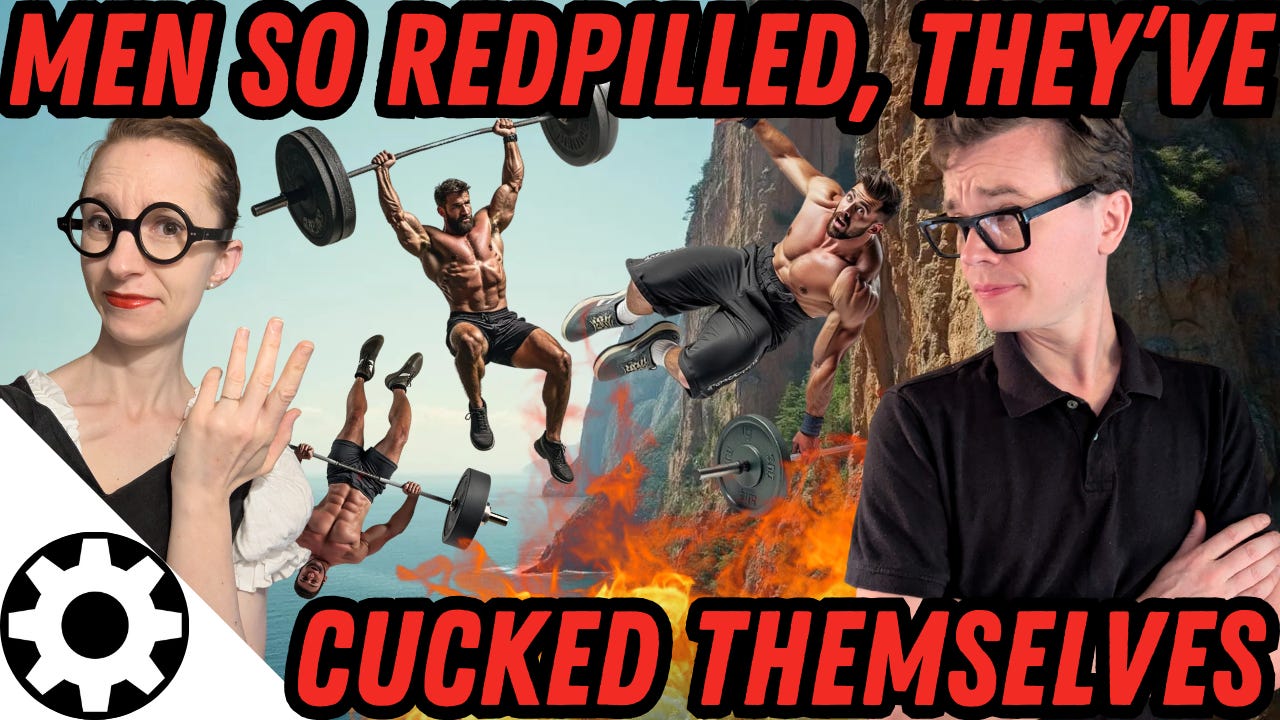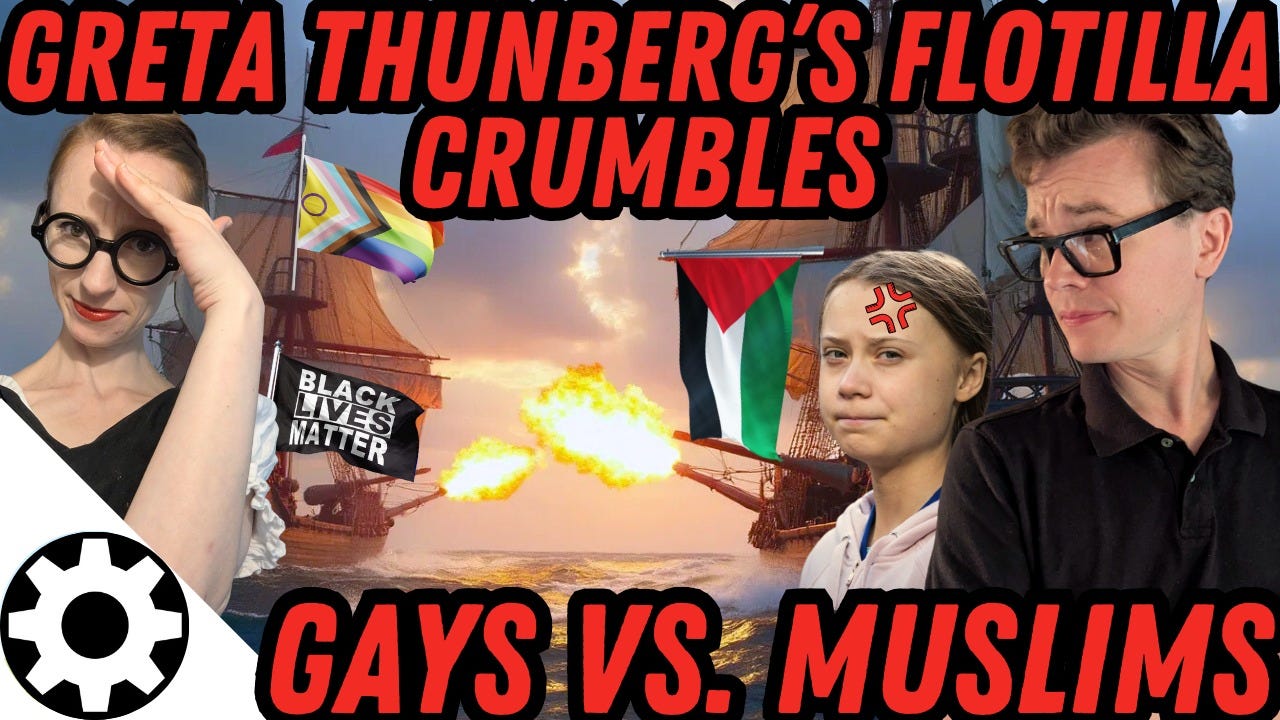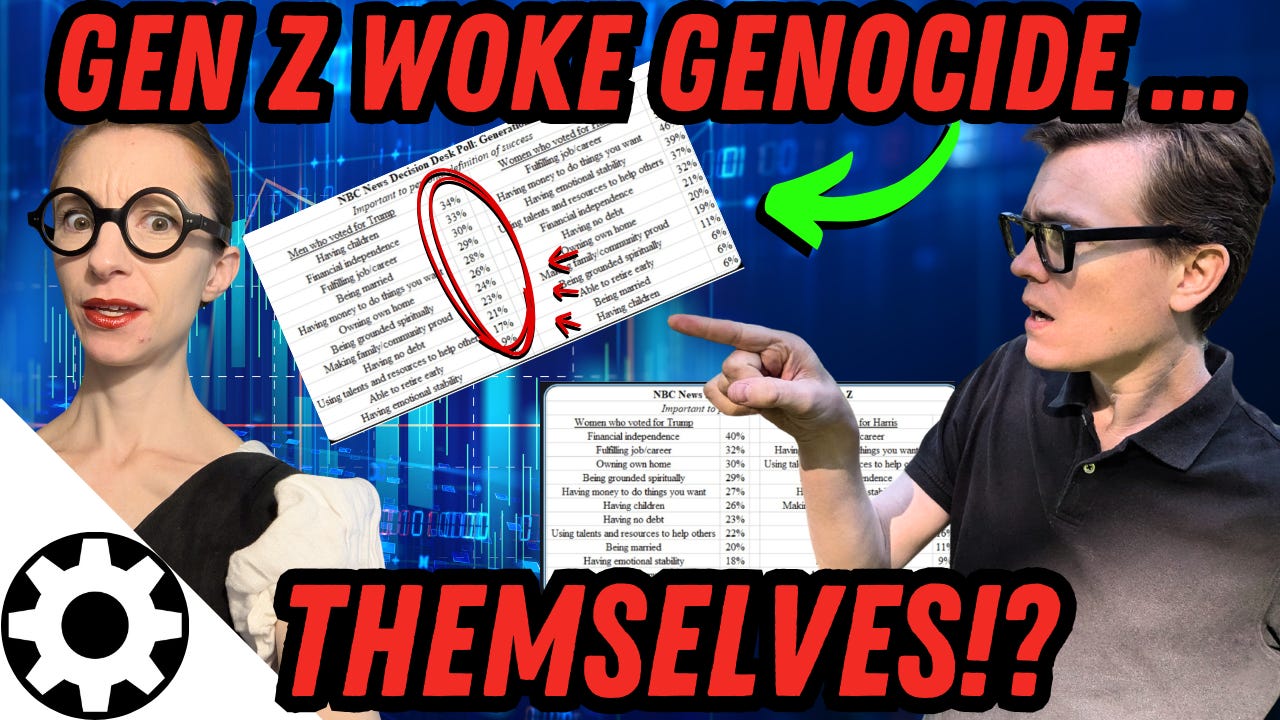Nepal Just Had a Revolution Because of Social Media (Why This Matters to You)
Description
Join Malcolm and Simone Collins as they dive deep into the recent political upheaval in Nepal, exploring the Gen Z-led protests, government crackdowns, and the broader implications for global politics. Discover how social media bans, corruption, and generational divides are shaping the future—not just in Nepal, but around the world. The conversation also touches on the concept of "Nepo babies," the role of social media in activism, and what these events might signal for other countries facing similar challenges. Stay tuned for insightful analysis, personal stories, and a touch of humor as Malcolm and Simone break down complex issues in an accessible way.
Malcolm Collins: Hello Simone. I'm excited to be here with you today. Today we're gonna be discussing going on of Nepal because with all of the political stuff that's happening in the United States right now, I think we've sort of been like broadly aware, like they had like a revolution or something in Nepal, right?
Speaker 2: Nepal is seeing an uprising led not by political veterans, but by Gen Z.
Malcolm Collins: Like what happened with that and what you're gonna be surprised about. Is how relevant what happened in Nepal is to, what's going to happen in most of the developed world as things continued on the pathway they're going now.
Speaker 2: Teenagers and young adults are flooding the streets, furious over us. Sweeping government ban on their digital lifelines
Last week. Authorities abruptly cut access to major platforms like Facebook, Instagram, and YouTube.
Simone Collins: Well, and this is after what was happening in Indonesia, and this is also like, as there are huge protests in the uk we're seeing there's unrest is the thing now.
Malcolm Collins: Well, yeah. Unrest is the thing and in many cases it's for similar reasons. Mm-hmm. And so let's, let's go in what get, get your butt educated people. Why don't you know about what, maybe you do know about what's going on in the fall, but it's, it's interesting nonetheless. So, police crack down on September 8th, security forces fired.
Live ammunition. Live ammunition. So we're talking about like how bad things are getting firing live ammunition, tear gas and water cannons and rubber billets into crowds in your parliament. So. Opening fire into a crowd. Okay. They killed 19 people and injured 200 people.
Simone Collins: And this was largely young students, wasn't it?
I think it was also a lot of young people, students like who were
Malcolm Collins: killed. Yeah. And there's videos of graphic scenes, including children who were shot in the head. Sparking nationwide outrage and curfews. So this was extreme, and if you're like, well, when do we get this in the us when does the uk You saw this Million Man March on London that mm-hmm.
That, you know, anyone who watched the videos can tell was giant. Like they're trying to report it like a hundred thousand people, and it's clearly. Oh. The UK is pissed. It's gotten way more pissed since, since you know, we talk about it being under occupation 'cause we're like, you know, what kind of country bans the flying of their own flags.
A country that's currently under occupation. That's the only time you would do that. Yeah. A government would never be afraid of their own flag unless that wasn't who was represented by it anymore.
Simone Collins: Exactly. So
Malcolm Collins: when do they open fire on a crowd in London or Germany or Berlin, you know? Or, or, or France.
I think it'll happen eventually.
Simone Collins: I mean, it helps that police officers in the UK don't have guns. They just have their little batons.
Malcolm Collins: Yes. Be beaten Was their fabulous batons. The
Simone Collins: fabulous batons.
. Aren't you afraid the fashion police will come and beat you with their fabulous batons? No.
Malcolm Collins: Anyway so, protestors, this is September and ninth stormed and set fire to the Parliament, the Supreme Court, which burnt down the Prime Minister's office.
Cigna Debar administrative complex and politicians private homes. Private properties like the Hilton and Hyatt hotels along with media houses. EG Kenton per publications were torched. Oh goodness. One tragic incident. It evolved The burning alive of the former P'S wife.
Simone Collins: Oh my gosh.
Malcolm Collins: So we're talking quite a bit of violence here.
Simone Collins: Carnage on both sides.
Malcolm Collins: Jail breaks and further clashes. September 9th and 10th mobs broke into prisons in the Western districts, freeing over 12,500 inmates, including politician, rabbi Lament mentioned. I mean,
Simone Collins: one imagines the prisons just cracked open from the inside being that over stuffed. My God.
Malcolm Collins: The Army was deployed with shoot on site. Instructions assaults on officials, and there's a video of this that I saw. It was just wild. The deputy PM and finance minister was beaten by protestors and you see him like trying to walk, run away and being like attacked by people as he tries to run.
Speaker: In the video that has gone viral Minister POAL 65 is seen running through the streets in Cat Mandu with the crowd of people chasing him. One of the protestors is seen kicking Poal, who is also the country's deputy prime minister. Other protestors get hold of him as he seeks to escape through the river.
Malcolm Collins: Other politicians, residents were vandalized, heightening chaos before the army restored order. So what instigated this? Are you aware of what instigated this Simone?
Simone Collins: I thought it was anger about widespread corruption, but I
Malcolm Collins: No, no, no. That is what they moved to afterwards, but what actually instigated it was.
The government tried to heavily regulate social media to prevent anything negative about the government from being shown on social media.
Simone Collins: Oh, boy.
Malcolm Collins: Everybody now the uk
Simone Collins: UK did it. Right? You know, they did a whole like, boil the frog. Where it sounds like Nepal just, you, you, you can't, you can't just crack down all at once.
Well,
Malcolm Collins: no, they, they've been doing this for a while. They had under the former king just complete control by the state of of. Media. So this is more like they had a period of more liberal media a lot of, oh, but you can't close
Simone Collins: Pandora's Box. The, the internet is. If anything ever was a lot
Malcolm Collins: of corruption in the media, a lot of hiding stuff, which we'll go over.
But the internet made it impossible. And so the government was trying to find a way to take control of that. And this is why you know, I always say anyone on the right who says we should be banning pornography. I, I really look at them with skepticism as a left wing infiltrator because
you can't ban pornography without banning VPNs. And when you ban VPNs, you ban, you give the government total control of what people can see within your co country. Mm-hmm. Because then the government gets to decide, de decide what's vulgar. Right. You don't get to decide what's vulgar. Totally. The government gets to decide what's vulgar and when the government changes, you lose control.
Right. They'll say. Well, you know, okay,
Simone Collins: not vol, vulgar is a bad word. Forbidden. Because vulgar is basically just saying common or low class.
Malcolm Collins: Well, that's what I mean, because they'll say, well, you know, you, you banned this stuff because it could lead to, they'll say, well, you banned this type of pornography because it could lead to violence.
Or because it could lead to like social ills. Mm-hmm. Why shouldn't we ban racism? We define racism, by the way, why shouldn't we ban transphobia? We define transphobia, by the way, because those things also lead to social ills. And are vulgar and bad.
Simone Collins: No, no, no. V the vulgar is not the word that violent or damaging or dangerous, those words,
Malcolm Collins: whatever.
This is what we've seen in every country that goes down this pathway.
Simone Collins: Okay?
Malcolm Collins: It's, it's a very bad thing to, to play around with, okay? Mm-hmm. Not, not, not a fun potato there, let.
Simone Collins: I'm just sorry, the, the word vulgar. Like it's vulgar to eat a roll by just taking a bite out of it instead of taking a piece and putting it in your mouth after buttering it.
Right? Like vulgar is a word about class. It's not about government control and safety. Okay, Mike,
Malcolm Collins: you are a Nazi, a grammar Nazi.
Simone Collins: I am. Deal with it.
Malcolm Collins: Social media use in Nepal is widespread analysis from digital advisory form. Kops found that there were 14.3 million active social media identities in Nepal at the start of 2025.
If each user were a distinct person, that would account for about half of the country's population. But many social media platforms have reportedly repeatedly rejected directives from DePaul government to register with the country's ministry of communication



